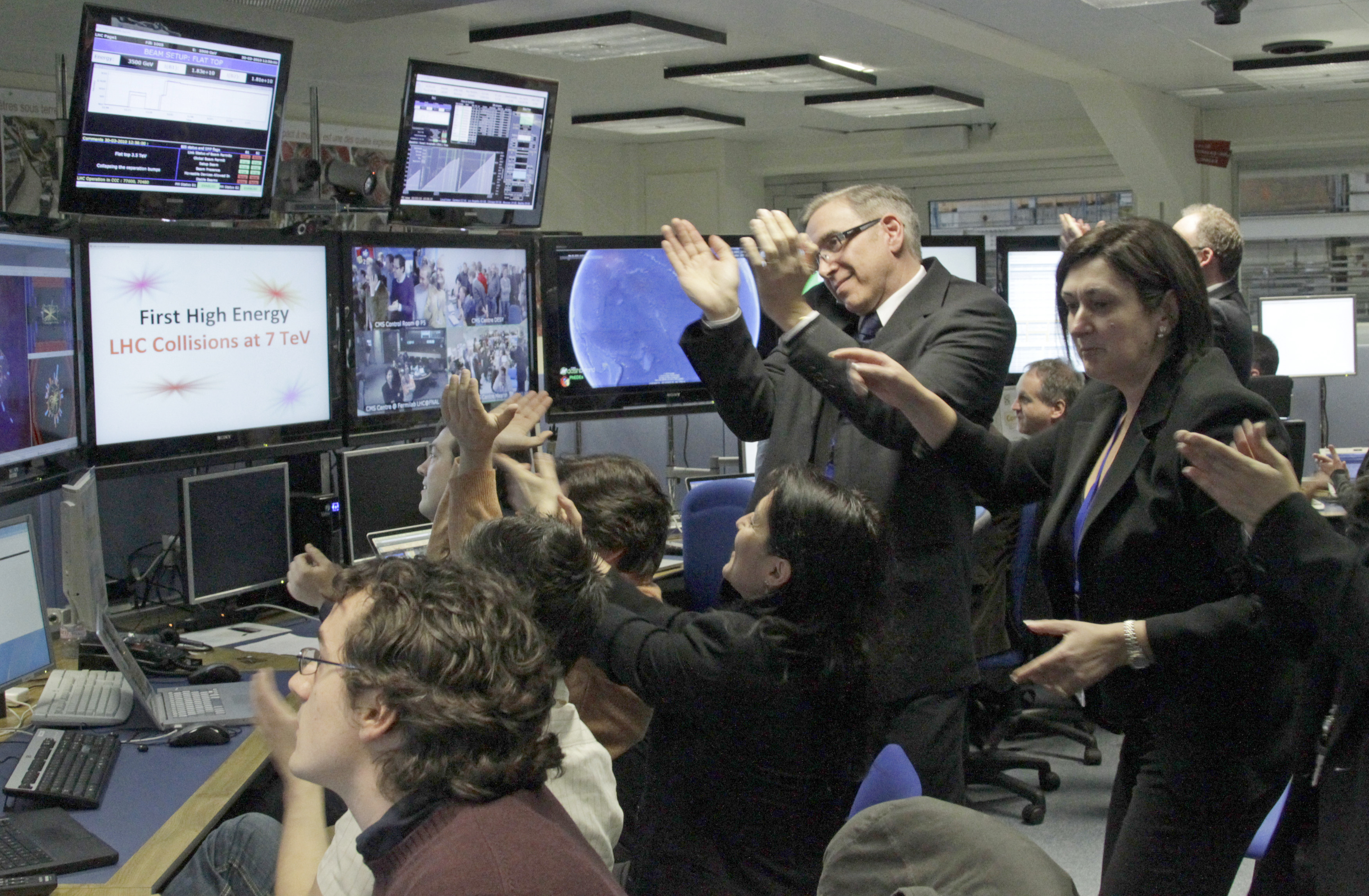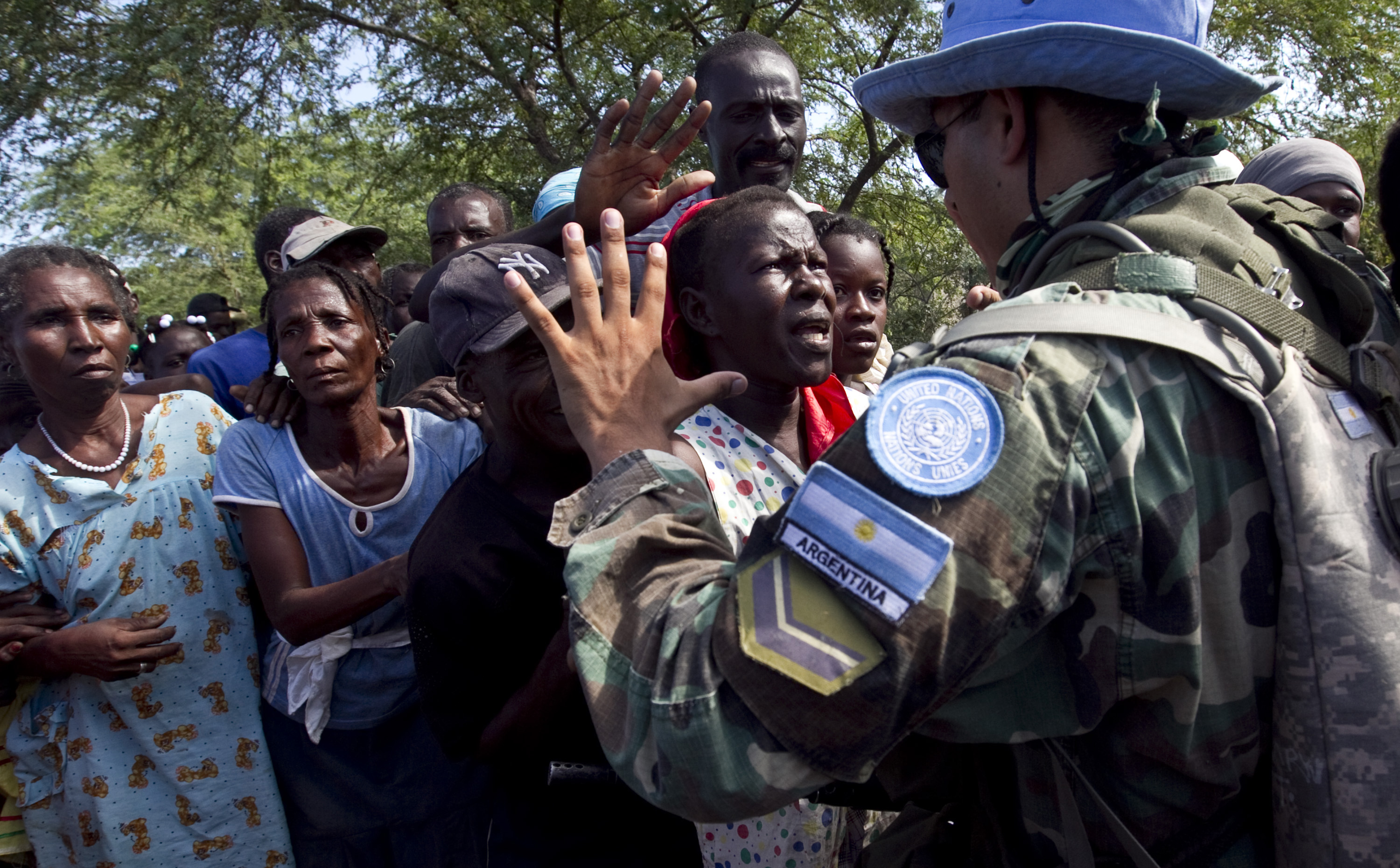The end of the world is nigh, again

In the shadow of 21.12.2012, date of the end of the Maya calendar, religion expert Jean-François Mayer gives swissinfo.ch his take on the end of the world.
Fear of the end of time has been a feature of countless civilisations, but what humanity really dreams of is a better world, according to Mayer.
To date, the world has lived through dozens if not hundreds of prophesies of its demise. Various theories interpret ominous warnings from wars, tsunamis, attacks, nuclear catastrophes, crises, pandemics and meteorites.
Most recently, several numerologists and prophets seized on the date 11.11.2011. On that day, the Egyptian authorities even closed the pyramid of Kheops to prevent people coming to hold rituals of passage to another world.
Now it is the turn of 2012. For some, the winter solstice of 2012 will see an extraordinary alignment between the centre of our galaxy, the sun and Venus, a planet venerated by Native Americans. Highly advanced in astronomy and mathematics, the Mayan civilisation produced an ancient calendar covering thousands of years. The cyclical calendar comes to an end on that day.
swissinfo.ch: As head of the Religioscope Institute, what do you think of these prophesies?
Jean-François Mayer: The prediction of a major or catastrophic turning point on 11.11.2011, perhaps even a move to another dimension, goes back to the 1990s. However, the date never managed to attract the level of expectation that has developed around the end of 2012 and the Maya calendar.
It was a Mexican-American, José Argüelles, who first wrote about the Maya calendar. He published a book in 1987 and organised the “harmonic convergence” – a gathering of New Age followers which was gaining ground at the time, and which held a great collective meditation in several different parts of the world to prepare the way for a leap forward in the evolution of mankind.
Argüelles was not to know if he was right, since he died in 2011, but he is the person behind this explosion of interest in 2012.
As the date gets nearer, the subject has been taken up by a number of writers, each with their own theory, which is why the dates being given vary. Then Hollywood played no small part in spreading the word, with Roland Emmerich’s film, 2012, which came out in 2009. Lots of teachers in Switzerland and France have told me students are worried about the idea that the world may end next year.
swissinfo.ch: Disasters, whether in films or in reality, feed all sorts of beliefs. The major religions also talk about the end of the world, including Christianity with the Apocalypse. Why do human beings so love to play at being frightened?
J-F.M.: Playing at being frightened is part of it, especially among young people, but it’s not the whole story. It’s true that the Apocalypse has provided a sort of background which has excited people’s imagination over the centuries. But the Apocalypse is not supposed to be the end of everything: it predicts a new beginning, with the hope of a world stripped of our faults, where there is no more injustice, no more disease, a world that is somehow perfect.
Most scenarios for 2012 also focus on a passage to a new era. These messages are giving a new impetus to those New Age trends which wanted to see a collective transformation of mankind and human awareness. Later this collective aspect rather passed into the background with more of an emphasis on the idea of personal fulfilment.
But I think this hope for a completely new world is always present, and it comes to the fore again when focussed on a particular date. This corresponds to the hopes of those people who are following spiritual quests on the margins of the great religious traditions. Today we are seeing a boom in the area.
swissinfo.ch: But prophets always take risks, since so far none of their predictions have come true…
J-F.M.: No clear prediction by the Mayas about the end of mankind has been found, but their calendar and the date 2012 have provided backing to these theories which are claimed to rest on the teachings of a culture that was wiser than ours.
And lots of writers who were already active before all this have brought in 2012 as an extra argument. For example, we have a Swiss who is one of the best-selling authors in the world, Erich von Däniken: since the 1960s he has published dozens of books about the mysterious origins of civilisations and extraterrestrial influence in ancient history. Von Däniken has also started to use the 2012 theme, claiming that the Maya calendar announces the return of the extraterrestrials.
But most writers are not mentioning an exact date, but rather are talking about 2012 as the beginning of a process. Others, like von Däniken, reckon with a margin of error of several decades. In any case, there are already strategies in place to provide explanations so that when an event does not occur it isn’t seen as a failure.
swissinfo.ch: So it’s a sort of spiritual bargain?
J-F.M.: Indeed, in the past few years we have seen descendants of the Mayas dressed in traditional costume arriving in Europe to explain the meaning of 2012. Just last summer a group from Guatemala brought together about 600 people in Bern and filled the congress hall in Zurich without any publicity at all, simply by word of mouth!
It’s interesting, because their message as native peoples doesn’t necessarily meet the expectations of people here. On the other hand, the ecological and feminist aspects ring bells in Western society. Fascination for idealised exotic cultures encourages selective understanding.
Incidentally, the group which came to Switzerland last summer belongs to a neo-Maya religious movement. One of its members is Guatemalan President Álvaro Colom. Although Colom does not have any Mayan ancestry, he has been made an honorary priest by the founder of the movement.
Another example is Madre Mah Kin in Mexico, who has also predicted the beginning of a new age in 2012, where women will play a central role. If you scratch the surface you will see that his message is very far from a popular indigenous tradition, but integrates lots of ideas borrowed from Western groups and thinkers. What we are seeing here is an interaction, a fascinating cross fertilisation taking place. The countries of Central America can expect to see people from all over the world converging in the region in 2012 to prepare for the big event.
One of the oldest and most advanced civilisations of America whose origins go back to prehistoric times.
The Mayan culture spanned what is now Mexico, Belize, Guatemala, Honduras and El Salvador. The first constructions date from the third millennium BC.
The cyclical calendar has been embraced by various New Age groups, such as Mayanism. The end of the calendar on 21.12.2012 is the end of a counting cycle more than 5,000 years long.
Among the plethora of publications and research on the subject, Dutch scientists claim the 2012 date is actually a calculation error and the real end of the calendar cycle is in 2220.
Born in Fribourg (Switzerland) in 1957, Jean-François Mayer holds a doctorate in history and civilisations from the University of Lyon.
1991-1998: worked as international and strategic affairs analyst for the Swiss government.
1999-2007: taught at Fribourg University.
1999: set up the strategic studies office JFM Recherches et Analyses.
2007: created Religioscope, site offering information and studies on the role and place of religions in the world.
Also associate editor of Religion Watch, a newsletter published for 20 years in New York, Jean-François Mayer has created several websites and is the author of numerous books and articles.
(Translated from French by Julia Slater)

In compliance with the JTI standards
More: SWI swissinfo.ch certified by the Journalism Trust Initiative















You can find an overview of ongoing debates with our journalists here . Please join us!
If you want to start a conversation about a topic raised in this article or want to report factual errors, email us at english@swissinfo.ch.